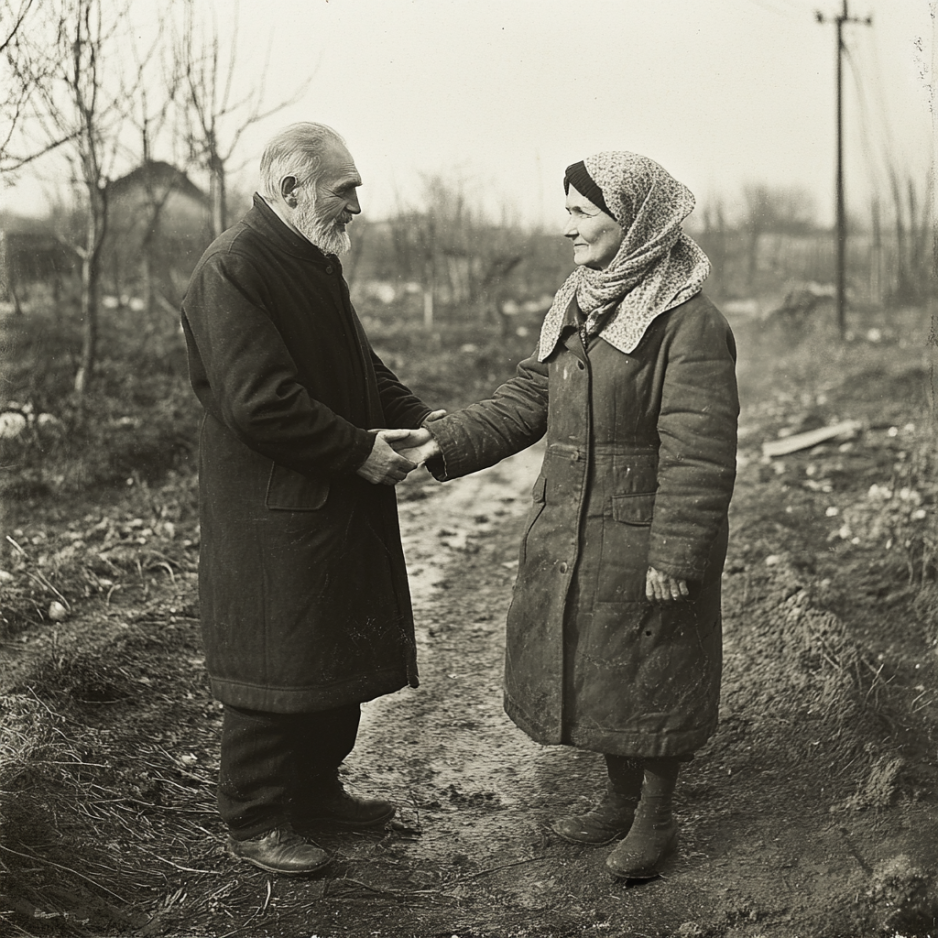Introduction
Love is often tested in ways we never expect. For Henry and Margaret, their love story wasn’t just about the beautiful moments but about staying together through life’s toughest challenges. When Alzheimer’s disease slowly took away Margaret’s ability to remember, Henry remained by her side, proving that true love endures even when memories fade.
According to the Alzheimer’s Association, over 55 million people worldwide suffer from Alzheimer’s disease, making it one of the most prevalent neurodegenerative conditions. While many families struggle with the emotional toll of caregiving, Henry’s unwavering dedication to Margaret is a story of resilience and deep devotion. His journey serves as an inspiration to millions of caregivers who support their loved ones through this heartbreaking disease.
A Lifetime Together
Henry and Margaret’s story began decades ago in their small hometown, where they met at a local diner. They built a life together filled with laughter, family, and traditions. They shared:
- Long walks through the park every evening.
- Sunday morning breakfasts at their favorite café.
- A shared love for classic jazz music and dancing in their living room.
Recognizing the Early Signs of Alzheimer’s
Over time, Margaret began showing subtle signs of memory loss—misplacing items, forgetting dates, and repeating questions. At first, Henry brushed them off as normal aging, but when she started forgetting their children’s names, he knew something was wrong.
Did you know? According to Mayo Clinic, early symptoms of Alzheimer’s include:
- Difficulty planning and solving problems.
- Confusion with time and place.
- Mood and personality changes.
The Diagnosis and Its Impact
After months of medical consultations, Margaret was diagnosed with Alzheimer’s disease. The news was devastating, but Henry refused to let fear dictate their future. He committed himself to learning about the disease, seeking support, and making adjustments to their daily life to ensure Margaret’s comfort.
Adjusting to a New Reality
Henry made several changes to their routine to accommodate Margaret’s growing needs:
- Labeling everyday household items to help her navigate her surroundings.
- Keeping a structured daily routine to minimize confusion.
- Playing familiar music and showing old photographs to stimulate memory.
Challenges of Caregiving
Caring for someone with Alzheimer’s is physically and emotionally exhausting. Henry faced several challenges, including:
- Emotional toll – Watching his wife forget their shared history was heartbreaking.
- Physical strain – Assisting with daily activities like dressing and eating required patience.
- Social isolation – Many friends and relatives didn’t know how to react to Margaret’s condition, leading to fewer visits.
Finding Moments of Connection
Despite the hardships, Henry discovered ways to reconnect with Margaret, even when she no longer recognized him:
- Holding her hand on their daily walks, just as they always had.
- Reading her old letters and love notes, even if she didn’t remember writing them.
- Singing their favorite songs, which often brought a rare smile to her face.
The Final Chapter of Their Love Story
As Alzheimer’s progressed, Margaret’s condition worsened. Eventually, Henry had to make the difficult decision of placing her in a memory care facility. It was a heartbreaking moment, but he visited her every day, holding her hand just as he always had.
“She may not know who I am, but I know who she is. And she is the love of my life.”
Lessons from Henry and Margaret’s Story
Their story teaches us valuable lessons about love, resilience, and caregiving:
- Love transcends memory – Even when words fail, emotions remain.
- Caregiving is a labor of love – Supporting a loved one with Alzheimer’s requires patience and unwavering dedication.
- Cherish the present – No moment is too small to create lasting love.
Frequently Asked Questions (FAQs)
1. What are the first signs of Alzheimer’s disease?
- Memory loss that disrupts daily life.
- Difficulty completing familiar tasks.
- Confusion with time and place.
2. How can caregivers support a loved one with Alzheimer’s?
- Maintain a consistent routine.
- Use memory aids like labels and notes.
- Seek support from caregiver groups.
3. Can Alzheimer’s disease be slowed down?
While there is no cure, lifestyle changes such as regular exercise, cognitive stimulation, and a healthy diet can help slow its progression.
Final Thoughts
Henry and Margaret’s love story is a testament to the power of commitment and devotion. Their journey through Alzheimer’s reminds us that love is not just about remembering but about being present for one another through every challenge.
If you or a loved one is facing Alzheimer’s disease, know that you are not alone. Seek support, cherish every moment, and above all, never stop holding their hand.
